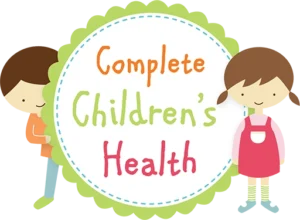Most children with ASD are not diagnosed until approximately four years old, yet ASD can be reliably identified by the age of two. There is also expanding research on the early identification of infants who may be at risk for ASD. There are numerous reasons why early diagnosis helps not just the child but also the parents and caregivers.

By diagnosing ASD as soon as possible it enables families to have answers about their children’s atypical development. This allows them to begin the process of learning about autism, understanding its effects on the child, and beginning the process of perceiving the future differently. Being diagnosed with autism can be an extremely daunting time but this is the first and most important step. Explaining how the diagnosis will be beneficial to all involved will help the child and the family to feel safe, comfortable and informed.
There is ample evidence that parental stress can be alleviated through early diagnosis, support, and effective intervention. Delaying diagnosis prevents access to these. Another aspect is that an early diagnosis can assist in accessing other benefits, such as carer’s benefits or disability living allowances. Bringing up a child with disabilities can be at least three times as expensive as bringing up other children, and families need all the support they can get.
Diagnosing children with ASD as early as possible is very important to ensure children receive the services and support they need to reach their full potential, it directs children on a positive path(s). For example, if a family and child identify and focus on areas of growth earlier rather than later, there is more time and more possibility for change, adaptability and improvement.
Early diagnosis has to do with the selection of appropriate treatment strategies. Children with autism have a different learning profile pattern of relative strengths and weaknesses than children with other developmental disorders. As a result children with ASD learn better when they receive unique teaching and curriculum approaches, approaches that are built for their distinctive learning profile. No two children with ASD are the same.
As children with ASD grow into adults with ASD and much can be done to enhance their strengths and improve their choices and quality of life through early diagnosis and early intensive interventions.
At CCH we have a significant role to play in the early diagnosis and care of children with ASD and work closely with child psychiatry, occupational therapists, dieticians and other allied health professionals.
